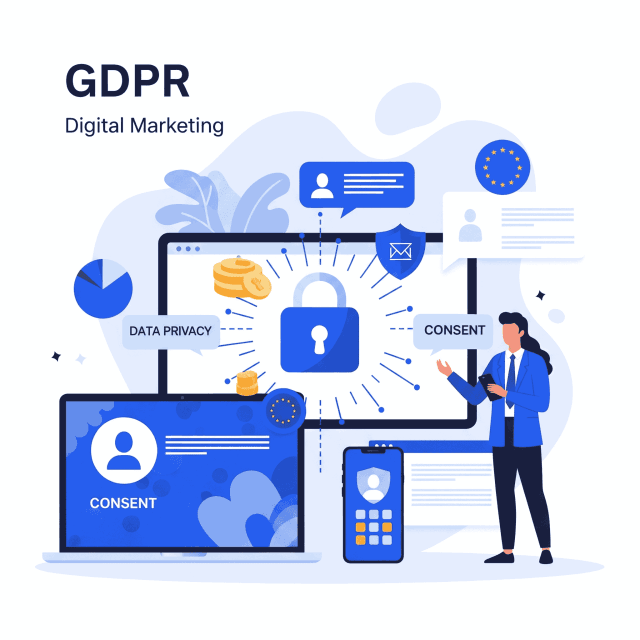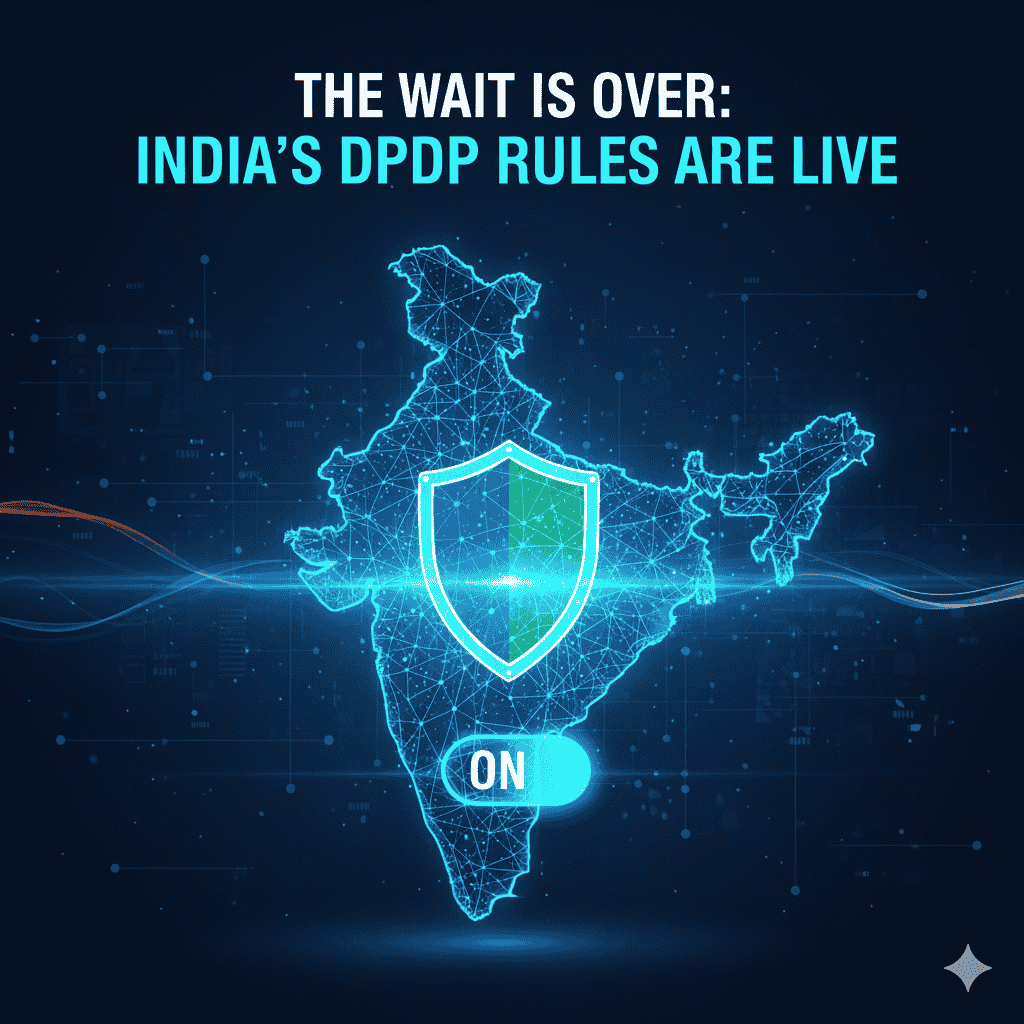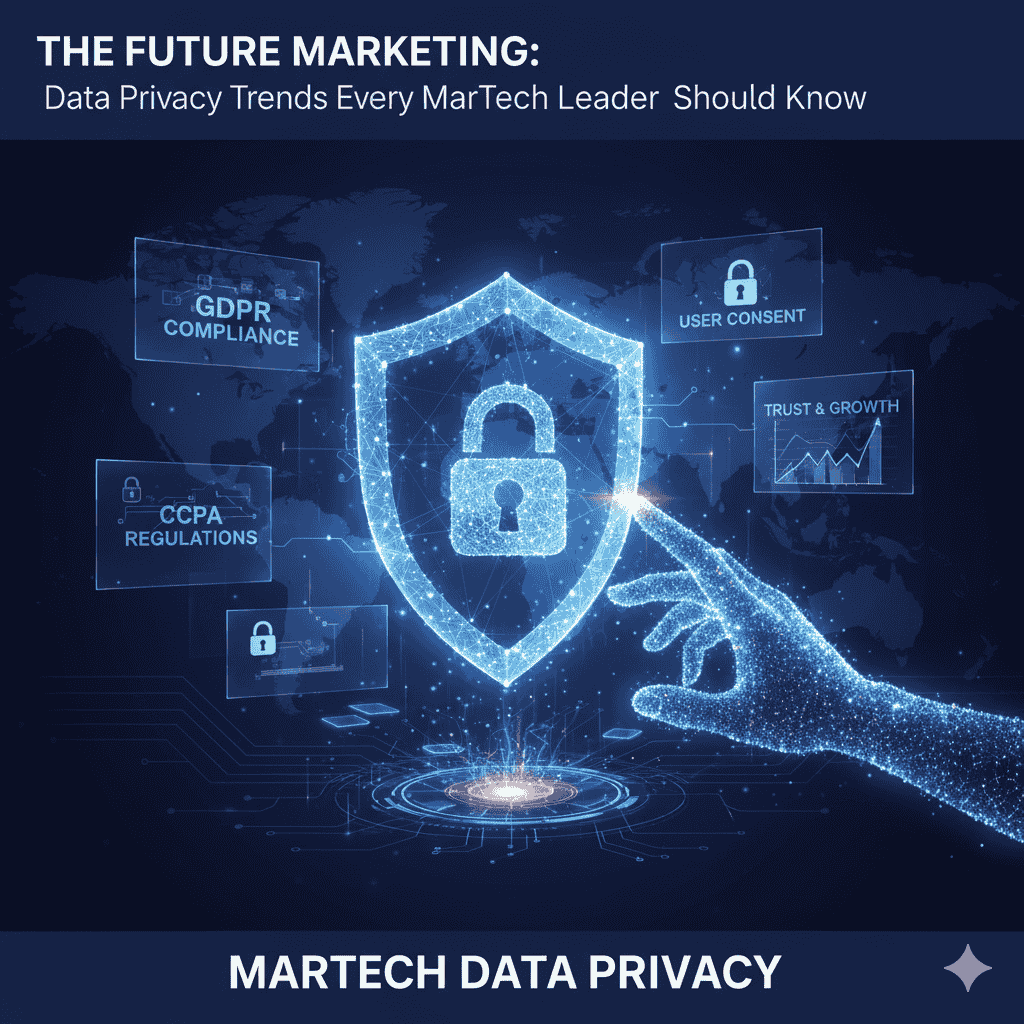The General Data Protection Regulation (GDPR), enacted in May 2018, has dramatically transformed how businesses handle consumer data in Europe and beyond. This regulatory framework aims to protect individuals’ privacy and ensure that their personal data is processed transparently and securely. While many organizations initially viewed GDPR as just another compliance requirement, its implications extend far into the realm of digital marketing. This article explores how GDPR is reshaping the future of digital marketing strategies and practices.
1. Increased Focus on Data Privacy
One of the most significant impacts of GDPR is the heightened awareness around data privacy. Consumers are now more educated about their rights regarding personal data. This shift has encouraged businesses to prioritize transparency in their data handling processes.
Implications for Marketing:
- Consent-Driven Campaigns: Brands must obtain explicit consent before collecting or processing personal data. This means that marketers must create campaigns that prioritize clear communication about how consumer data will be used.
- Privacy-Centric Branding: Companies that position themselves as champions of data privacy can differentiate themselves in a crowded market. Building trust through transparent data practices can enhance brand loyalty and customer retention.
2. Changes in Data Collection Practices
GDPR mandates stringent guidelines on data collection and usage. Businesses must establish lawful bases for processing personal data, and as a result, many are re-evaluating their data collection practices.
Implications for Marketing:
- Minimization of Data Collection: Marketers are encouraged to only collect data that is necessary for their objectives. This contrasts sharply with previous practices where extensive data was gathered with the hope of finding valuable insights later.
- Enhanced Customer Relationship Management: By focusing on quality over quantity in data collection, marketers can foster stronger relationships with consumers. Personalized marketing efforts based on genuine consumer insights are more likely to yield positive results.
3. Transforming Targeted Advertising
Targeted advertising has long been a staple of digital marketing, but GDPR has introduced new hurdles to overcome in order to effectively target consumers while remaining compliant.
Implications for Marketing:
- Greater Use of First-Party Data: With stricter regulations on third-party data collection, brands are increasingly relying on first-party data—information collected directly from customers—to inform their advertising strategies.
- Shift to Contextual Advertising: Marketers are exploring contextual advertising as a means to reach audiences without relying on personal data. This approach focuses on delivering relevant content based on the context of the web pages consumers visit.
4. Accountability and Transparency in Marketing
GDPR places a strong emphasis on accountability, requiring businesses to demonstrate compliance with its regulations. This requirement has significant implications for digital marketing practices.
Implications for Marketing:
- Data Audits and Governance: Marketers must regularly conduct audits of their data practices to ensure compliance with GDPR. This may involve reconsidering marketing strategies and processes to safeguard consumer data.
- Reporting and Documentation: Marketers must document their data processing activities and be prepared to demonstrate their compliance efforts. This level of accountability can enhance trust with consumers who demand transparency.
5. The Rise of Privacy-By-Design
GDPR promotes the concept of ‘privacy-by-design,’ advocating for the integration of data protection measures from the outset of any project or campaign.
Implications for Marketing:
- Inclusive Campaign Design: Marketers are encouraged to integrate privacy considerations into their campaign planning. This may involve reevaluating how data is captured, stored, and utilized right from the beginning of a project.
- Improved User Experience: By embedding data protection into marketing efforts, brands can create a more seamless and secure experience for consumers. This positive user experience can translate into increased customer satisfaction and loyalty.
Conclusion
GDPR has ushered in a new era for digital marketing, emphasizing the importance of data privacy and consumer trust. As marketers navigate these changes, the need for ethical practices, transparency, and accountability will only grow. By integrating GDPR principles into their marketing strategies, companies can develop deeper relationships with their customers, ultimately fostering brand loyalty and securing long-term success in a rapidly evolving digital landscape. As the regulatory environment continues to change, those who adapt and innovate will lead the way in shaping a responsible and consumer-centric future for digital marketing.








